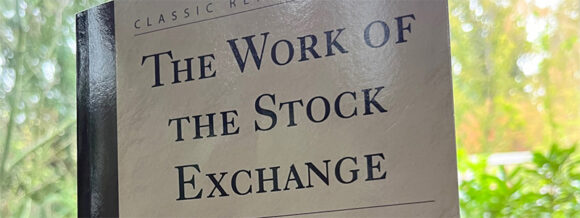
We take much of modern economic infrastructure for granted, including stock markets and the idea of publicly traded companies. While you may have heard the anecdotal stories about the first public companies having their shares traded under a tree in Amsterdam, London, or on Wall Street in New York City, the very first company (in the West) to sell shares to the public was The Marchants Adventurers of England for the Discovery of Lands, Territories, Iles, Dominions and Seigniories Unknowen, and Not before that Late Adventure or Enterprise by Sea or Navigation Commonly Frequented, better known as Company of Merchant Adventurers to New Lands, incorporated in London in 1555.
This company predates the far more famous (British) East India Company, incorporated in 1600 or the Dutch East India Company, incorporated in 1602.
In all these cases, the novelty wasn’t incorporation, but instead the idea of raising money through the sale of shares to the public. Prior to these companies and the multitude of others that followed that paid to colonize much of the world in the so-called Age of Discovery, funding was not too dissimilar from Angel investing, with rich families providing the risk capital.
This move from private fundraising to public fundraising was an inflection point that changed the economic trajectory of Europe and which helped fuel the growth in the Western economies above and beyond those of the East.
Access to capital makes a big difference in the rate of economic growth. China grew to be the second largest economy in the world in part because they attracted foreign investment while simultaneously growing a domestic banking system to make it easier to finance economic growth.
I read about 400+ year old financial innovations to try and understand how those lessons can be re-applied to crowdfunding or to financial gaps found in emerging market economies.
This is why I slog through terribly written histories like The Long Twentieth Century, or every last past of the 1,000+ page Wealth of Nations. And this is where ideals like Future Dollars come from.
If you know of other interesting innovations in finance, please share.














